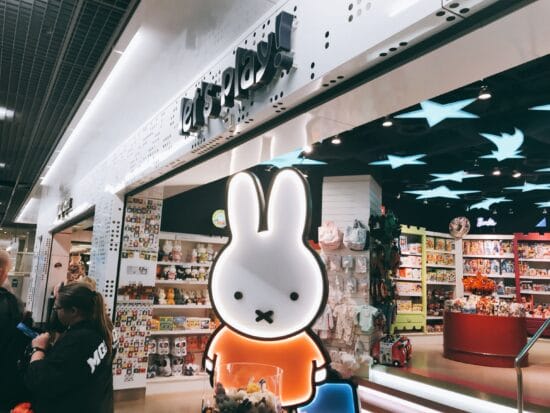I am of the opinion that games should be expanded worldwide. It is especially difficult for small game studios to develop strategies to win in specific countries, and we continue to advocate that small indies should expand overseas.
Now, the author believes that it is not difficult to expand the world of games. In the past, it was essential to distribute games in packages, but now you can purchase games from stores and download them immediately on smartphones, PCs, and home consoles. This is due to the widespread use of the Internet, and the benefits for game developers and game fans are immeasurable.

As long as a game is available in a language you can read, as long as it’s available in the store, you can buy it and play it anytime you have the money.
However, if it is a Japanese store but only supports English, the number of people who will buy it will decrease drastically, and if it is not available in a Japanese store in the first place, they will not be able to purchase it.
Japanese indie games are often only available in Japanese in Japanese stores, which I always feel is a waste.

By first translating it into English, preferably Chinese (simplified and traditional), and releasing it globally, you can greatly increase your sales ceiling. In fact, there are cases where a game did not do well in Japan, but for some reason became popular in Taiwan, for example.
However, there are many people who are not good at English or find it impossible to speak Chinese. Large companies can use specialized translation companies, but for small and medium-sized companies, the cost can be quite high.
However, if it’s just translation, even free translation tools can now translate with considerable accuracy. Of course, the translation is incomplete and there are many unnatural points, but even so, it is often enough to understand if you play the game.
Japanese game studios are often reluctant to release incomplete translations overseas, but there are many foreign games that are written in dubious Japanese, and even those have interesting content. Just as it became popular in Japan, gamers now don’t care if the words are slightly unnatural.

The same goes for the designs. In the past, games with Western designs were only liked by some enthusiasts, but although some people still have their likes and dislikes, I don’t think they care that much anymore.
With the development of SNS, young people have more opportunities to see content from overseas, and they have become accustomed to the poor Japanese of foreigners or machine-translated Japanese.
The situation is the same overseas.
If you play a story-based game, you probably won’t have any problems with translation to some extent.

The same goes for user support.
It’s true that I’m worried about whether we’ll be able to adequately respond if an overseas user encounters a problem with the game, but we’ve now been able to resolve a large portion of this by communicating with translation tools. Of course, important issues such as those related to money must be handled by native-level staff rather than a translation tool, but small game studios such as indies should not be overly concerned about other communications. I think it is a good idea to do so.
Based on this idea, it is not difficult to expand games overseas. In fact, it can be said that indie game studios can easily expand overseas.
However, on the other hand, it is not recommended to just randomly translate and expand overseas. Just because it’s easier than expected for Japanese perfectionists, it doesn’t mean that the burden of expanding overseas is zero.
In my opinion, the most difficult aspect of expanding games overseas is the fear of touching on the taboos of foreign cultures.
This is very difficult, but what if, for example, a certain smartphone game was holding a Tanabata event on July 7th, and it caused a huge uproar in China?
July 7th is a day of celebration in Japan, but in China it is the day of the Marco Polo Bridge Incident, which started the Sino-Japanese War, and is a day to warn against war. If you try to do something in a game on such a day, it is actually possible that a small expression will touch on a taboo in China.

When trying to develop entertainment content overseas, we have to be careful about not touching on cultural taboos like this, and it is something that foreigners have a hard time understanding.
In some regions such as Southeast Asia, prices are still lower than in Japan depending on the country, and for example, when a billing problem occurs, the amount may be very large compared to the prices in that region.
Furthermore, it is also necessary to consider that there are simple time difference issues, and user support may be delayed by half a day.
Still, I believe that small indie game studios should expand globally. This is simply because the upper limit of sales will increase, and there is a possibility of creating fans overseas.
Your chances of success will be higher if you reach a wide range of markets around the world than if you compete only in Japan. There are risks associated with overseas expansion as mentioned above, but I would like companies to take on the challenge of expanding overseas with faith in the possibilities, rather than focusing solely on the risks.

I often travel overseas for work, and I often talk about The Legend of Zelda. This is because The Legend of Zelda was localized and sold all over the world. For example, it’s really, really possible that a Japanese indie game will go out into the world and become a game that people all over the world know.
Once again, I would like to ask Japanese game studios to take on the challenge of expanding overseas.
コメントを残す